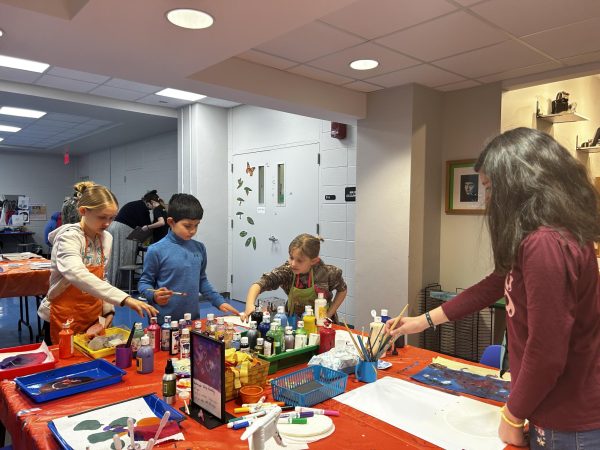Eco-friendly practices on college campuses
Being environmentally conscious is becoming more widely accepted and expected to be aware of one’s environmental impacts, especially among college students.
Busy college students often do not have the time to put forth all their efforts into being green, but there are small changes that make big impacts and most of these efforts help students save money.
The first and easiest is to switch to reusable items when possible. This could mean a reusable water bottle, metal cutlery, plates and a water filter.
Investing in a nice, sturdy reusable water bottle such as a HydroFlask or Takeya is worth the cost. Once this is bought, plastic water bottles will no longer be a regular purchase.
According to Kroger, a 24-pack of plastic water bottles costs about $3. These water bottles are purchased often and thrown away after a single use. This habit is not only a waste of money but it adds to the plastic dilemma in the environment.
Along with a reusable water bottle, a water filter can be bought. Brita filters are the most popular. They filter tap water from the possible chemicals or bacteria in the water.
Cutlery and plates are also simple changes that benefit the environment. The only extra effort would be to wash the plates and cutlery once used, but this is minimal compared to the positive impact it is creating on the environment.
Plastic, paper or Styrofoam cutlery or plates are extremely wasteful and they are usually non-biodegradable, which further adds to the waste made on the earth and college campuses.
Another simple change a student can make is to take notes and keep all school work electronic. This shift is already starting to change on campuses, but completely eliminating unnecessary paper usage will make a larger impact.
If paper or plastic must be used for any situation then recycling is a must. Living in the residence halls makes recycling easy. There are many recycling bins located through residence halls and dining areas.
In every hall kitchen there is a blue recycling bin with clear labels to show what can and cannot be recycled, so there is no excuse as to why students in a residence hall can’t recycle.
A hard but meaningful change for the environment is to reduce meat consumption at meals. This is not accessible or attainable for many people because vegan and vegetarian lifestyles are not simple.
According to One Green Planet, animal agriculture is one of the most damaging and detrimental aspects attributing to the environment and climate change.
“More than a third of all raw materials and fossil fuels consumed in the U.S. are used in animal production, specifically livestock,” said One Green Planet.
Reducing or skipping out on meat or dairy for a couple meals a week would exponentially help toward the reduction of greenhouse gas emissions as well as carbon emissions.
This step would greatly improve the environment and has its own benefits for students. In regards to environmental and health changes, meat and dairy reduction are proven to improve both the environment and one’s health.
Overall, it is simple to make these small changes in one’s daily life that can help improve the environment and Washburn’s campus as a whole.
Your donation will support the student journalists of Washburn University. Your contribution will allow us to purchase equipment and cover our annual website hosting costs.








